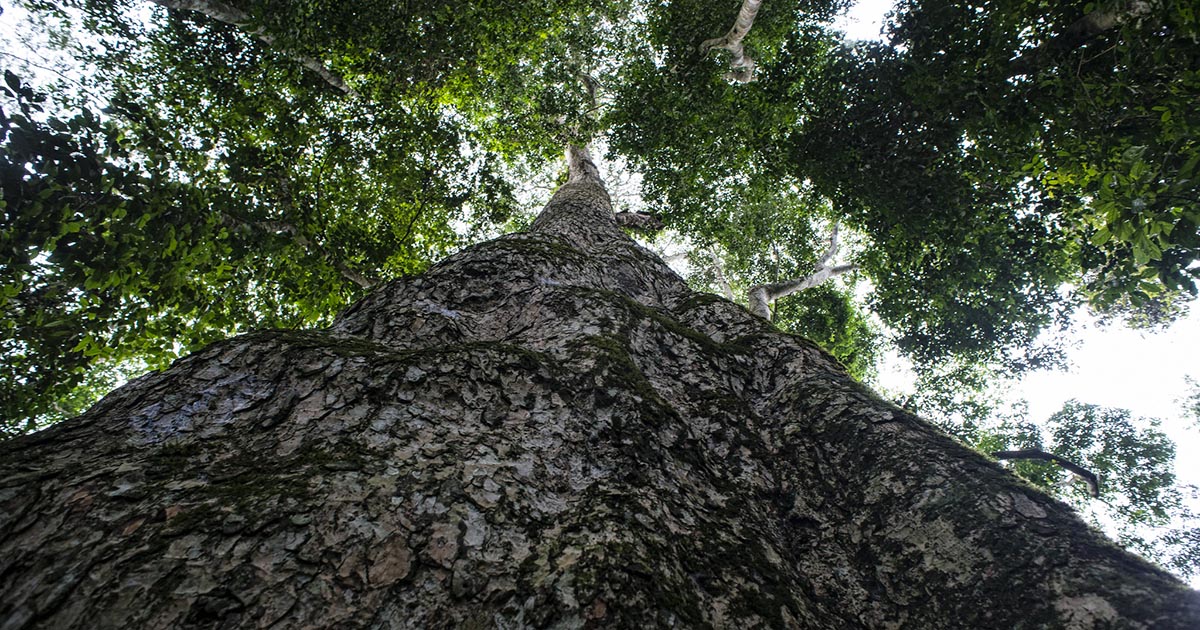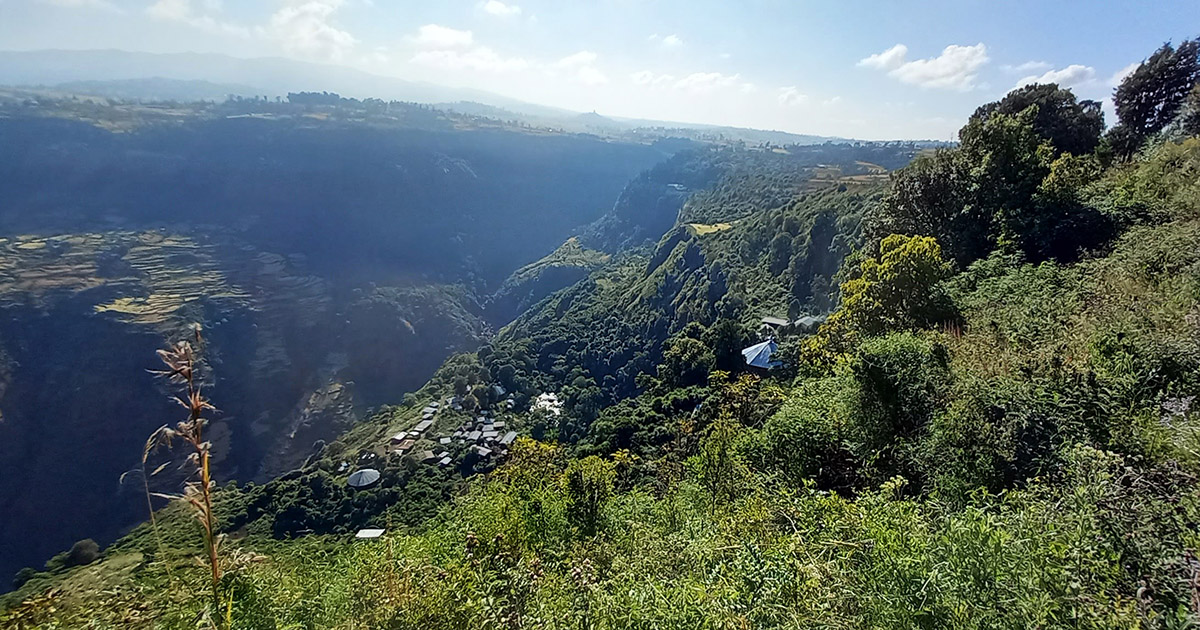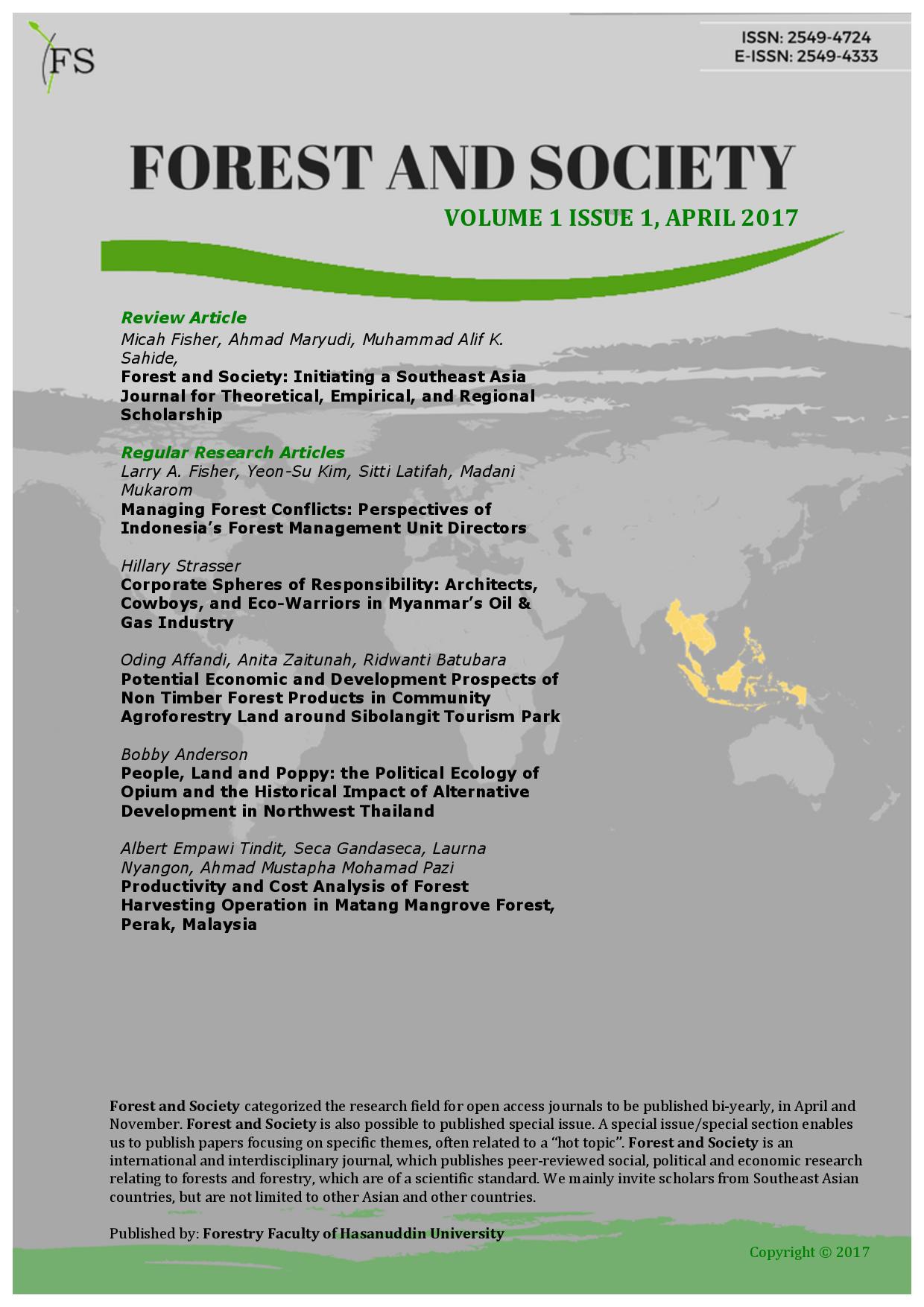In Indonesia, early Reducing Emissions from Deforestation and Forest Degradation (REDD+) projects, established in the early 2010s, were required to self-fund through carbon credit sales or donor aid while supporting local livelihoods. This paper examines the impact of REDD+ projects on both agricultural and overall household incomes (i.e., from all economic activities, including agriculture). We hypothesize that the agricultural incomes of REDD+ participating households (or treated households) would decrease as REDD+ forbids forest clearance, but this loss would be offset by a subsequent rise in overall household income as REDD+ encourages income diversification. Additionally, we assess whether REDD+ implementation has an intra-community 'spillover' effect by comparing the incomes of households living in REDD+ villages but abstaining from participation, with those in non-REDD+ (control) villages. We evaluate two such projects in Indonesian Borneo (Kalimantan) using panel survey data from over 400 households, collected in 2010, 2014, and 2018. Our analysis employs panel difference-in-differences in matched samples. Overall, our results reveal a small, heterogeneous impact of REDD+ on household incomes. While we found no significant impact in East Kalimantan’s BFCP site, participation in Central Kalimantan’s KMP site led to a reduced agricultural income over the short term (2010-2014). However, we detected no improvement in overall household income, nor did we find this impact to be long-lasting. We also found no conclusive evidence of intra-community spillover effects. The short-term income shock observed at the KMP site, despite its small overall magnitude, indicates the need for strategies to support and safeguard household incomes against temporary disruptions associated with REDD+ implementation. Our research contributes to the broader discourse on REDD+ performance, echoing previous findings of its mixed and modest impact on local communities' incomes globally.
DOI:
https://doi.org/10.24259/fs.v9i2.44699
Altmetric score:
Dimensions Citation Count:

Publication year
2025
Authors
Nofyanza, S.; Avia, Z.; Chervier, C.; Maulana, A.M.
Language
English
Keywords
redd-plus, household income, livelihoods, deforestation, community involvement, environmental policies, forest conservation, agricultural production, carbon credits, local communities, participation, impact assessment
Source
Forest and Society. 9 (2): 44699
Geographic
Indonesia















